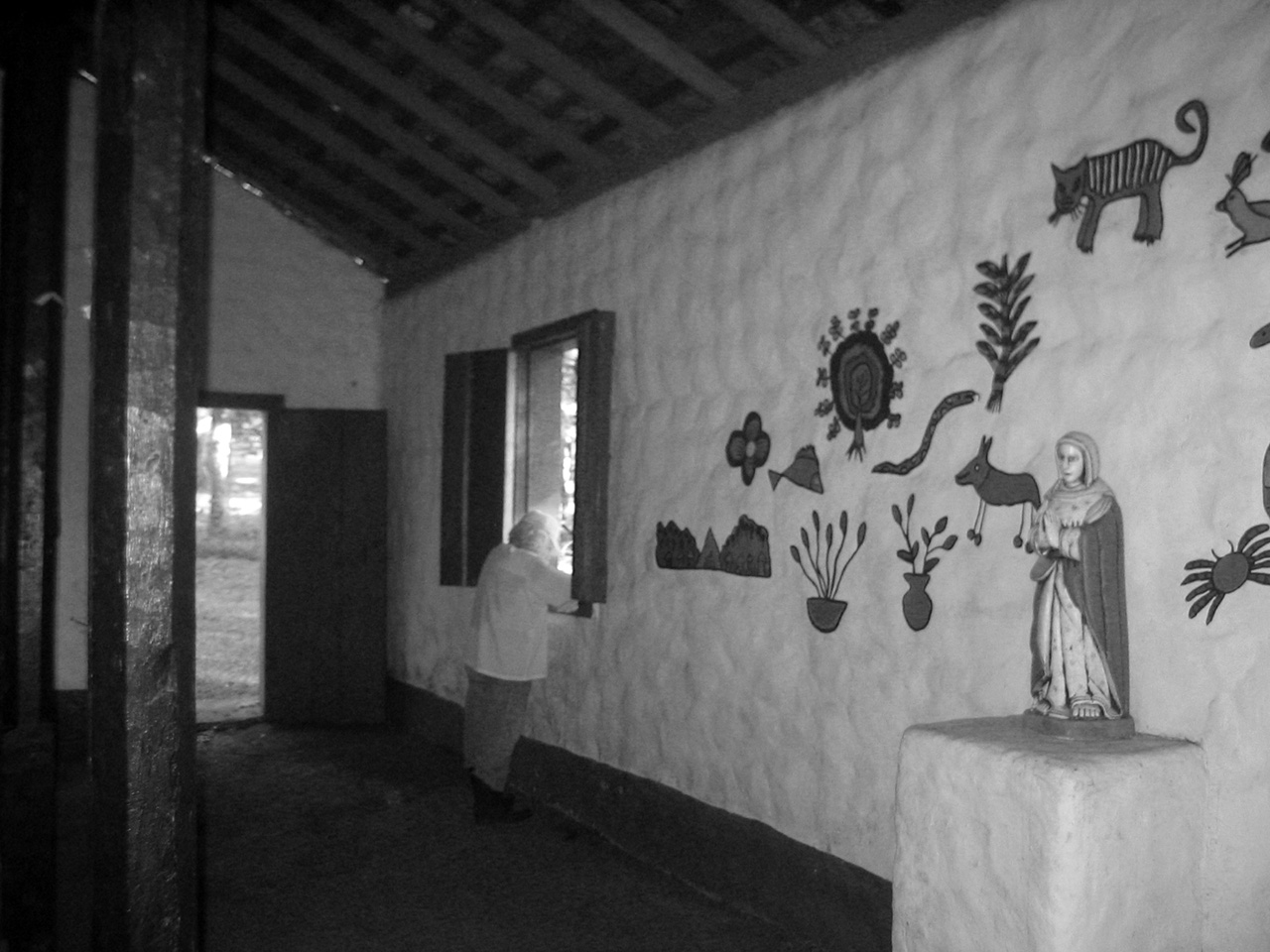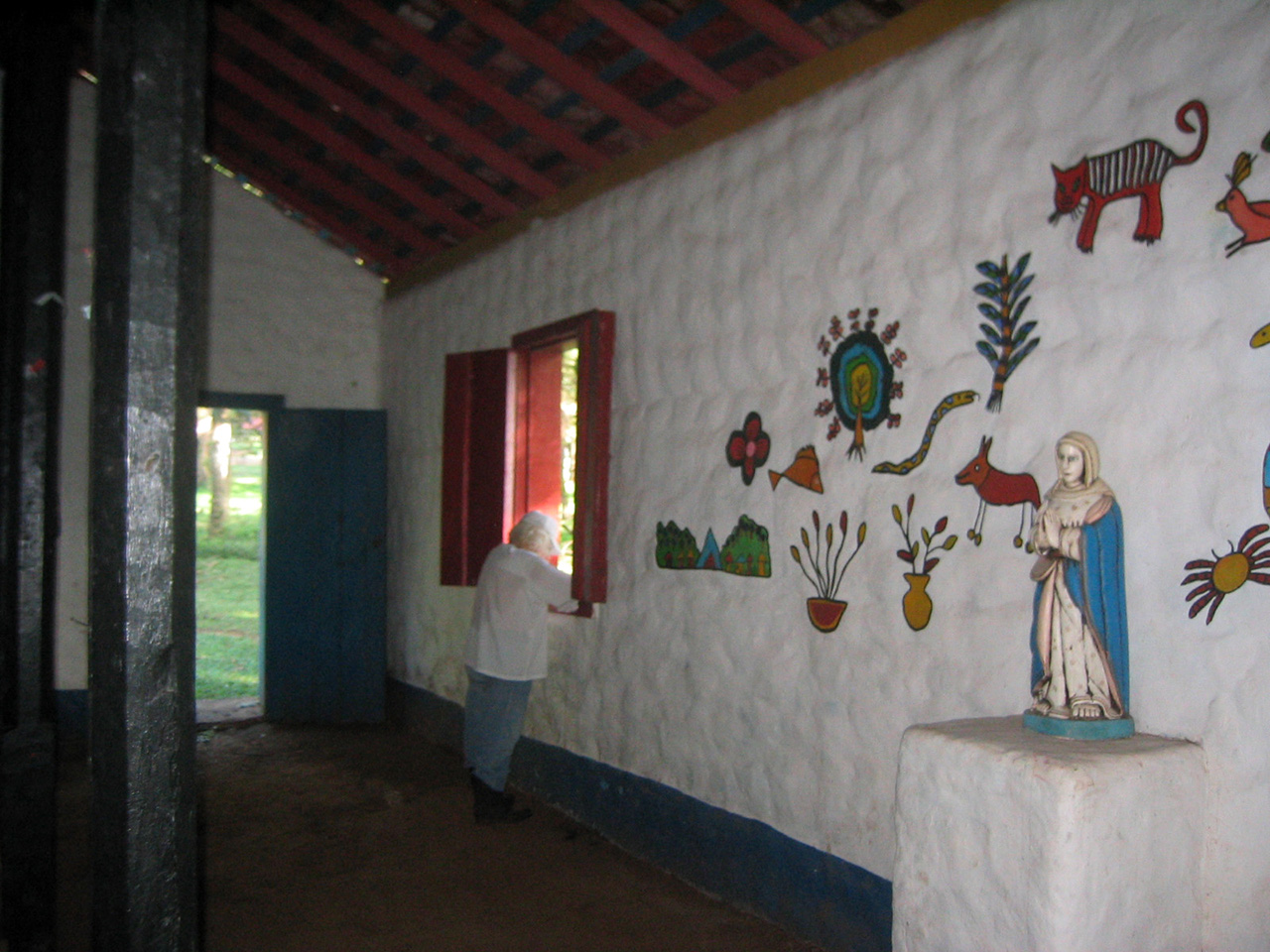As pastor of the Solentiname parish, Cardenal facilitated weekly bible studies that encouraged lay parishioners to engage in a theological interpretation of scripture that applied to their own lives. These bible studies served not only to allow ordinary people to connect with scripture, but to also better understand as Christians how to address their experiences of poverty and political repression. Cardenal documented his memories and transcripts of community bible studies in his 1975 publication, El Evangelio en Solentiname (The Gospel in Solentiname). Community “commentaries” occurred often during mass and other times during communal lunches after mass. Many of the dialogues he recorded came from his memory.
However, after he decided to publish these conversations, Cardenal began recording talks with a tape recorder. Thus, while El Evangelio en Solentiname must be understood as a text produced by Cardenal and influenced by his own biases and goals, it nonetheless provides a good suggestion as to the nature of conversations in Solentiname. According to Cardenal’s more recent introduction to the book, “the commentary of these campesinos was usually of greater depth than that of many theologians, but of a simplicity like the gospel itself…the gospel…(the good news to the poor) was written for them, and for people like them.”
The commentary also became a vehicle through which poor campesinos could begin to analyze their own lives both in the context of scripture and in the context of the revolution that was gaining ground in Nicaragua. The revolution and its Marxist orientation did not escape the people who lived in Solentiname. Marxist discourse became a common feature of Sunday discussions, and for this reason many campesinos more fearful of affiliating with subversive groups avoided the church. Still, for those who came, mass with Cardenal became a transformative experience.
A Monastery for the Revolution: Ernesto Cardenal, Thomas Merton, and the Paradox of Violence in Nicaragua, 1957-1979. (2005)


